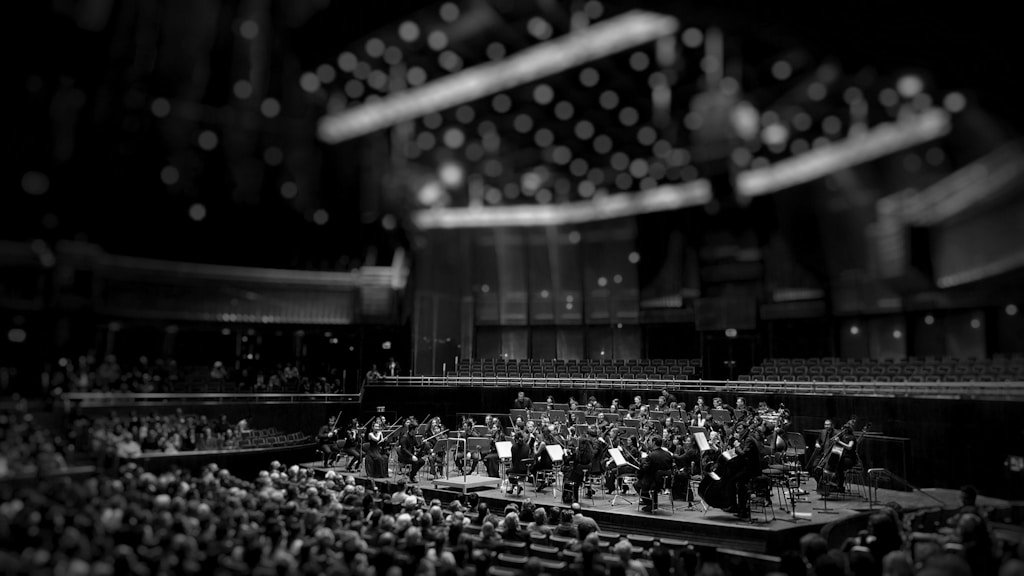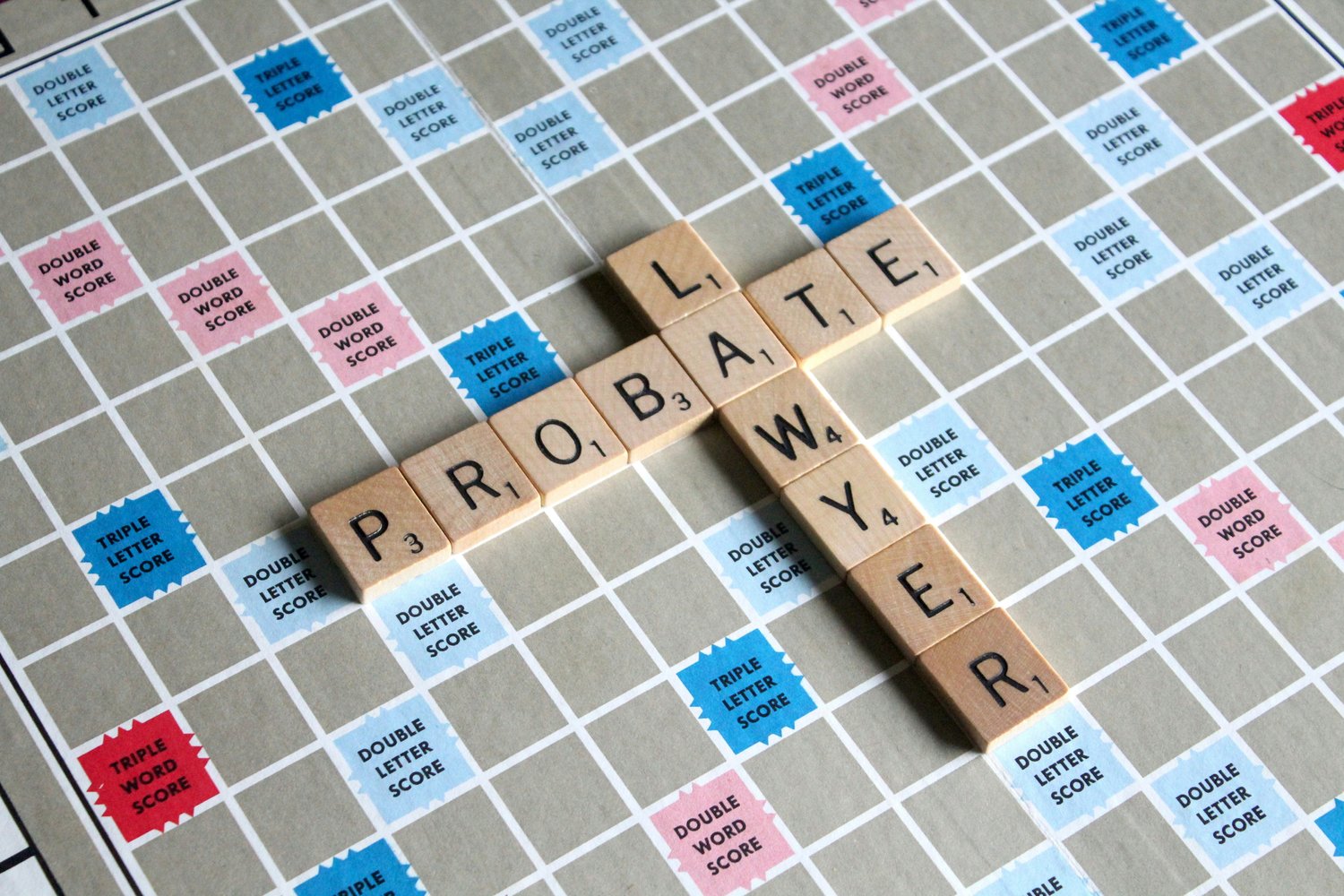
Imagine sitting in a grand hall as the lights dim and the opening scene of a beloved film flickers to life on a giant screen. Suddenly, a live orchestra strikes the first note of the score in perfect sync with the action. In that moment, the music isn’t just background sound – it’s telling the story right alongside the characters. Welcome to the world of live film concerts, where the orchestra becomes the narrator of the cinematic tale. Music has long been “the emotional backbone of any film,” amplifying each scene’s drama, romance, or suspense. Now, audiences are discovering that experiencing those melodies performed live can transform a familiar movie into something profoundly new.
A Tradition Reborn in Symphony Halls
This fusion of cinema and concert hall might sound like a novel trend, but it actually revives a tradition as old as movies themselves. In the silent film era, before movies had recorded dialogue or sound, theaters hired pianists, organists, even full orchestras to “give voice” to the on-screen story. Back then, music literally narrated the film’s emotions and action. Today’s live film concerts carry that legacy forward using modern technology: the film plays with dialogue and effects, but the musical score is performed live by an orchestra, synced meticulously to each scene.
What started as a niche experiment has now “become a global phenomenon,” embraced by major orchestras around the world. From Star Wars to The Lord of the Rings, screenings with live orchestras routinely sell out concert halls. Far from just a gimmick, these events have given a boost to symphonies by drawing in new audiences. “Every orchestra is participating in these programs… a tremendous way to engage new fans,” notes composer-conductor David Newman, a pioneer of the format. In other words, film concerts are a win-win: movie lovers get to hear their favorite scores in full fidelity, and orchestras get to showcase their art to a broader, often younger crowd.
Music as Storyteller: The Power of Live Soundtrack
Why is hearing a film score live so impactful? For one, film music has always told a story in its own right – sometimes more than we realize. As David Newman explains, a movie’s score “tells the story in a different language, a language we all intuitively understand”. The swelling strings, triumphant brass, or haunting choir inform our emotions moment by moment, essentially narrating what the characters feel when no words are spoken. When those musical storytellers are performing live in front of us, their narrative power is at its peak.
According to conductor Anthony Parnther, experiencing a score live is “a whole different element that you just don’t get in a theatre” with the standard recorded soundtrack. The synergy of live musicians with on-screen drama creates an immediacy and energy that even the best surround-sound system can’t replicate. Below are a few key ways this live orchestra experience can reshape how we perceive a film:
-
Emotional Amplification: In a concert hall, you don’t just hear the music – you feel it. The vibrations of a live orchestra can literally move through your body, intensifying the emotional highs and lows of the story. A tense chase feels more urgent with the orchestra racing along, and a poignant farewell can draw tears when the strings cry out in real time.
-
New Dimensions to the Story: Live music can reveal details in the score that might have been missed before. You begin to notice musical motifs tied to characters and themes, and how they recur to foreshadow events or recall memories. Audiences often find that the live music adds a new dimension to a beloved story they thought they knew by heart. By watching the orchestra, you might even catch which instrument carries a melody at a crucial moment, gaining fresh appreciation for the composer’s craft.
-
Shared Experience and Energy: Unlike a typical night at the movies, film concerts are communal and interactive. You’re enjoying the film with an audience of fellow fans and an entire orchestra on stage. The crowd might cheer when Indiana Jones heroically swings into action, laugh at a witty line, or boo when a villain like Snape appears – all spontaneous reactions that feed the excitement. Some superfans even attend in cosplay or dress up to match the movie’s theme, turning the event into a celebration. This lively atmosphere transforms movie-watching into a collective adventure, where everyone is tuned in to the musical storytelling together.
All of these elements deepen our engagement with the film. The live orchestra doesn’t replace the on-screen narrative; it enhances it, guiding our hearts through the journey in a way that feels immediate and alive.
Barbie The Movie: In Concert – A Soundtrack Spectacle
One of the most talked-about new film concert events brings Barbie from the big screen to the stage in style. Barbie The Movie: In Concert invites fans to re-enter the vibrant world of Barbie (2023) with a unique twist: an all-female ensemble called the Barbie Land Sinfonietta performs the film’s music live as the movie plays. The record-breaking blockbuster’s score and its pop hits are all delivered by this orchestra in real time – from the sweeping instrumental themes to the catchy songs that had everyone dancing last summer. This means you might hear a rich string arrangement of Billie Eilish’s soulful ballad or a powerhouse orchestral rendition of “Dance the Night” as Barbie and Ken dazzle on screen.
What does this hybrid experience achieve? For one, it turns a film known for its music into an even more immersive concert-like party. The audience isn’t just watching Barbie and Ken’s adventure; they’re also responding to the groove of a live band, effectively living in Barbie Land for the night. Hearing those familiar songs backed by a full orchestra can send chills down your spine one moment and get your toes tapping the next. It highlights the emotional beats of the story – the wonder, the humor, the girl-power triumphs – by letting the music lead the celebration. Barbie The Movie: In Concert exemplifies how a live orchestra can narrate a modern film’s story in a fresh way, elevating its most memorable moments through sound. And judging by the enthusiastic multi-generational audiences (little kids in pink dresses and nostalgic adults alike), it succeeds in deepening fans’ connection to a film they already love, making the experience feel brand new.
Harry Potter and the Cursed Child – Magic of Stage and Score
Meanwhile, on the theatrical side, the world of Harry Potter has found a different kind of live storytelling magic. Harry Potter and the Cursed Child is not a film concert but a Tony Award-winning stage play – yet it deserves a spot in this conversation for how it uses live performance and music to expand a beloved narrative. As a sequel to J.K. Rowling’s saga set years after the books, Cursed Child has been enchanting audiences in London, New York, and beyond. The show became a phenomenon in its own right, winning a record-breaking nine Olivier Awards in London and selling out shows internationally. Part of its spell comes from the staging and special effects (you’ll swear you’ve seen real magic happen live), but another powerful ingredient is the original score and sound design that accompany the drama.
Unlike film-to-concert events that bring familiar movie music to life, Cursed Child does the opposite – it introduces an entirely new musical experience for the Harry Potter universe. In fact, the play’s creators intentionally avoided using John Williams’ iconic movie themes. Composer Imogen Heap crafted a modern, otherworldly soundscape from scratch, aiming to distinguish the stage experience from the films. They “didn’t want any reference to the music in the films” so that the play would offer “a completely different experience,” Heap has explained. This bold choice means that as an audience member, you aren’t triggered to simply recall the movie scenes; instead, you’re drawn into uncharted emotional territory with Harry, Hermione, and their children. The music, whether it’s a subtle ambient hum or a swelling motif in a duel scene, becomes an unseen character on stage – guiding your feelings and building suspense just as a traditional narrator might, but through melody and rhythm.
The result is an even deeper engagement with the story. Without the comfort of the old film score, viewers find themselves leaning in, hanging on the new notes to sense the mood. Every flourish in the orchestra pit (or from the speakers in the auditorium) is telling part of the tale – from the nostalgic warmth of returning to Hogwarts, to the eerie tension of dark magic unfolding. By the end of Cursed Child, many fans report that they have not only witnessed a thrilling new chapter of the Potter story, but also gained a richer appreciation for how sound shapes the experience of storytelling. It’s a testament to what live music and theater can do: reshape our perception of a world we thought we knew, making the magic feel as real as ever.
Bringing the Magic to the Audience
As these hybrid film-concert and stage experiences grow in popularity, fans have more opportunities than ever to step into these story worlds. Securing a ticket to a high-demand show, however, can sometimes feel like its own adventure. This is where having a reliable, transparent source for tickets matters. Platforms like tickethold make it easier to find and book seats for special events – whether you’re chasing the next big concert tickets in your city or a must-see theater tickets production. With a user-friendly interface and clear pricing (no hidden sorcery or surprise fees), tickethold allows you to focus on anticipating the experience itself. For shows like Barbie The Movie: In Concert or Harry Potter and the Cursed Child, knowing you have your tickets secured through a trusted outlet means you can sit back and look forward to the moment the orchestra tunes up or the curtain rises – the moment the magic truly begins.
(Above: Reliable ticket platforms ensure you’re all set for the show, so you can immerse yourself in the experience when the time comes.)
The Lasting Echo: Sound, Memory, and Meaning
When the final triumphant chord echoes and the screen fades to black, you may find that a live film concert or theatrical performance lingers in your heart far longer than a typical trip to the movies. The reason is simple: you haven’t just watched a story, you’ve felt it unfold through music. The orchestra’s narration – those lush strings, bold brass, and ethereal choral notes – etches the emotions of each scene into your memory. In the hush that follows the encore, we’re left reflecting on just how profoundly sound shapes our memories and the meaning we draw from them.
Think about it: would the **shark in **Jaws strike the same fear without John Williams’ two-note motif? Would the triumph of your favorite hero feel as sweet without the swell of an orchestra behind it? Live concerts like these remind us that music and story are inextricably linked. They invite us to cherish not just what we see on screen, but what we hear and feel in the experience.
So next time you find yourself humming a film tune on the way home – heart still thumping from the excitement of a live crescendo – take a moment to ponder the lesson in that melody. Why did that particular swell of sound move you? How has it colored your memory of the story? In this thoughtful pause, every movie becomes a lesson and every concert a classroom, teaching us to listen closely to the narratives that live in the music. The orchestra has spoken; now it’s our turn to reflect on what its story means to us.
Let the music play on in your mind, and you’ll discover that the notes of these experiences continue to shape your memories, long after the final bow. ?




